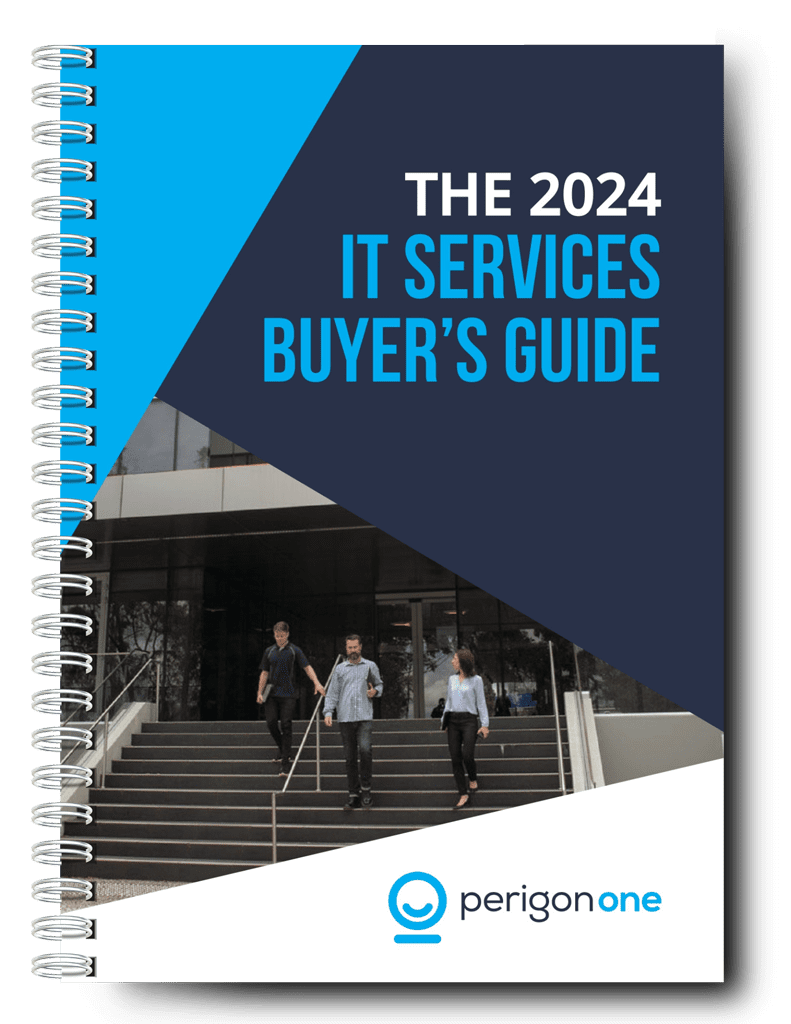With remote and flexible working now a normal part of office life, security is more important than ever before. Unmanaged devices, such as personal laptops and tablets, can allow hackers to enter your business’s network by the back door.
The pandemic has changed our lives in lots of ways. Some of these, like lockdowns and mask-wearing, are temporary measures. But other changes are long-lasting, whether they were initially intended to be or not. Perhaps one of the biggest alterations is in the way we work.
Flexibility rules
Before COVID-19 hit, many employers were reluctant to let their team work from home for a number of reasons. It makes teambuilding difficult. It creates communication problems. It opens up security risks. In many cases, there was just no good reason to invest in overcoming these issues as long as everyone could work on site.
With the first lockdown, everything changed. Suddenly, everyone had a Zoom account. Even the most tech-conservative businesses started putting cloud-based solutions in place to give all their employees secure access to the files and systems they needed. It was amazing just how quickly those practical issues were overcome. But this wasn’t just a technological leap forward – it was a culture shift, too. With plenty of people happier and more productive with flexible working, it’s now become a normal part of corporate life.
If your team works from home at least some of the time, you’ve probably done everything to make sure their work machines are as secure as possible – if you’re smart, anyway. The latest cybersecurity solutions, up-to-date software, secure cloud access, and of course a VPN. All these can do a lot to keep your data safe and your network free of intruders. But there’s one big problem lots of people forget to consider: the Other Laptop.
Lurking dangers
Imagine an employee – we’ll call him John. Whether he’s in the office, at home or travelling, you can be sure John is only ever using his work laptop to deal with business. He always connects to the workplace network via a VPN, and he doesn’t click links in dodgy emails. John is a model employee.
But then he does something risky. After a long day of remote working, he closes his work laptop and opens his personal one to check a few emails and play a game or two. His personal laptop is, of course, connected to his home WiFi network – the same one he uses when he logs into his work device.
John hasn’t done anything wild or unusual here. He’s just transitioning from work time to leisure time. But his two laptops are networked together – along with his smartphone, tablet, games console and any other devices he has at home. That means that any hacker who gains access to one device can ultimately access all of them – including the work laptop. They can access files, get into accounts, even connect to the VPN before anyone in the office realises there’s a problem. Ultimately, John’s work laptop is only as safe as his home network.
If remote and flexible working are part of your office culture, a reliable IT support partner can help you head off risks like these. If you’d like to talk over your needs or ask us a question, just get in touch for a free consultation.


